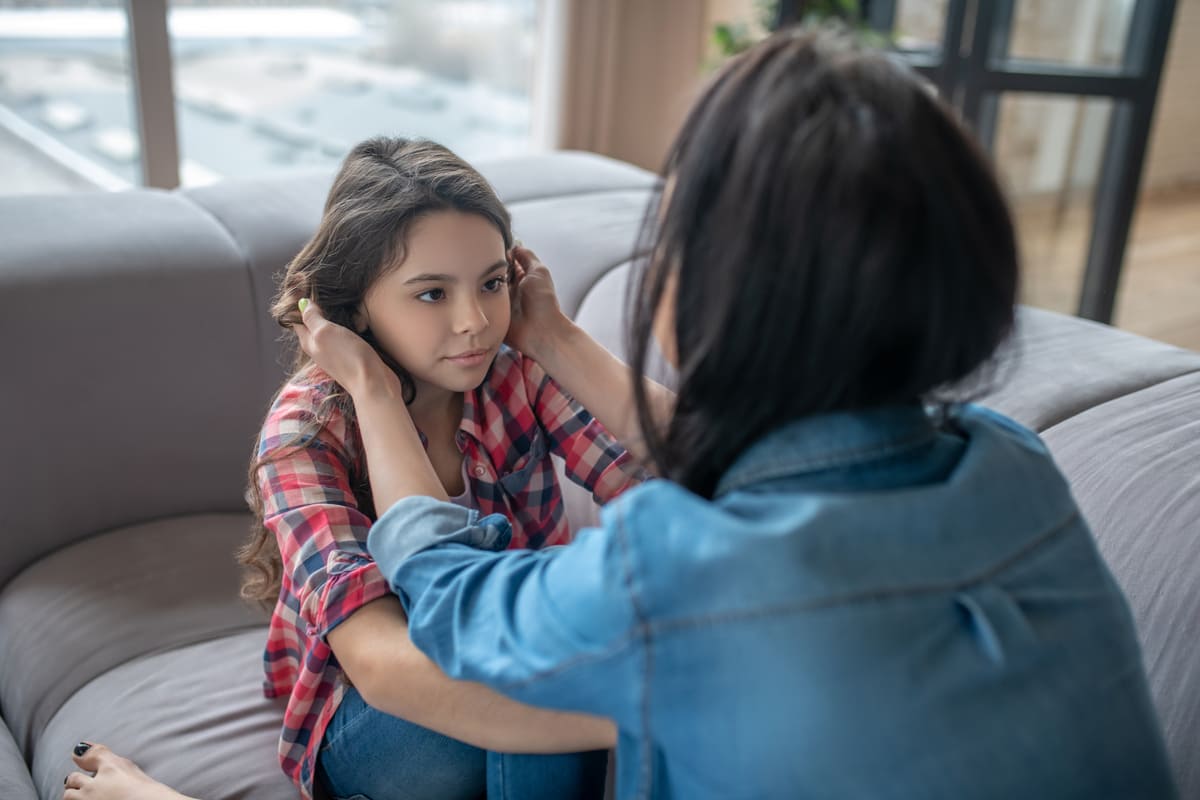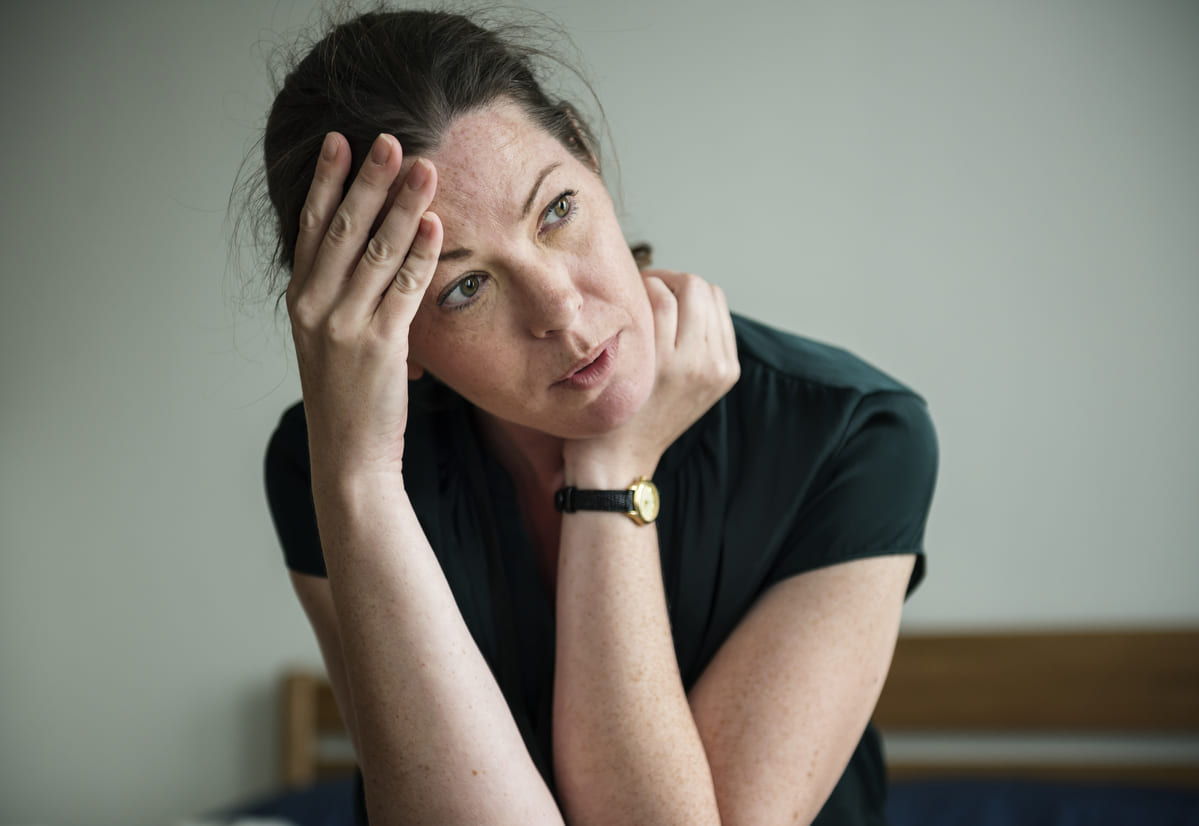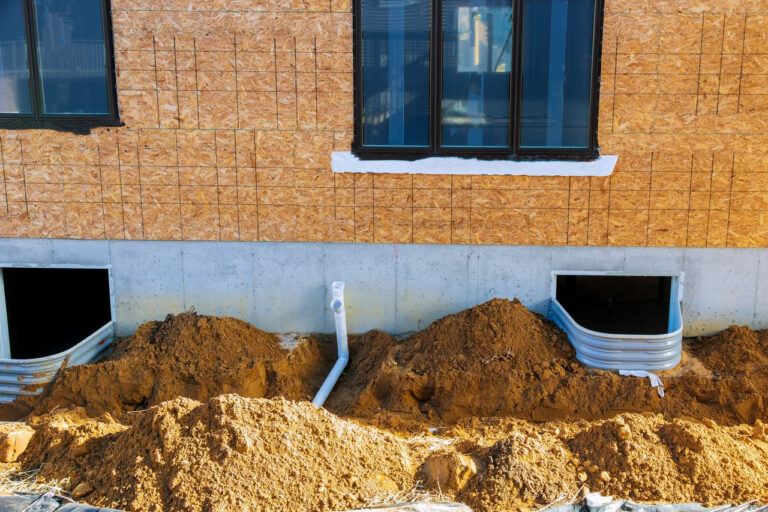Single mothers face unique challenges, and addiction can make those challenges even more difficult to overcome. These women often struggle to raise children on their own while dealing with addiction’s physical and emotional effects.
It is not an easy road. The weight of responsibility on a single mother’s shoulders can be overwhelming, and the pull of addiction can be intense. But there is hope. With the proper support and resources, a single mother can overcome her addiction and create a better life for herself and her children.
The key is to seek help early on. Addiction is a progressive disease; the longer it goes untreated, the harder it becomes to overcome. Single mothers must be willing to take the first step and ask for help. Many resources are available, such as counselling, support groups, and treatment centres specialising in helping women and mothers.
It is important to remember that recovery is a journey, not a destination. It takes time and effort, but the reward is a life free from addiction.
The Statistics
Alcohol and drug treatment data indicated single mothers, already burdened with the weight of responsibility, may turn to addiction as a coping mechanism. But many do not receive the treatment they need. 80% of alcohol-dependent mothers and 60% of drug-dependent mothers go without help.
Life is hard for single mothers. High stress, little support, financial struggles, and emotional turmoil are every day. Trauma, isolation, loneliness, and domestic abuse can trigger substance abuse. Adverse events such as divorce, death, or custody battles can worsen.
But hope exists. Seeking help early on is crucial in the fight against addiction. Resources like counselling, support groups, and specialised treatment centres can make a difference. Recovery is a journey, not a destination. It takes time and effort, but the reward is a life free from addiction.
Single Mom vs Two-Parent Divide
The divide is clear. Children with two parents have advantages. They fare better in education and have more financial stability at home. They’re more likely to continue to higher education and secure adult jobs. But for children of single mothers, the story is different. They’re more prone to substance abuse and struggle with financial stability. Single mothers bear the weight of parenting alone, and it’s a heavy load to carry. Stress can lead to addiction. The harsh reality can be overcome with the proper support and resources.
Vulnerability of Single Parents
Single mothers, alone in their struggles, bear a heavy burden. The weight of responsibility and the stress of raising a child alone can push them towards addiction. These women often fight a battle on two fronts: the physical and emotional effects of addiction and the daily struggles of being a single parent.
Statistics show the reality of this struggle. In the UK, 2.9 million families are headed by a single parent, with 90% being women. The government’s policies add to these women’s burden with financial pressures and societal shame.
But there is hope. With the proper support and resources, a single mother can overcome addiction and create a better life for herself and her child. Early intervention is critical. The more prolonged addiction goes untreated, the harder it becomes to overcome. These mothers must be willing to take the first step and ask for help.
Recovery is a journey, not a destination. It takes time and effort, but the reward is a life free from addiction’s grip.

Addiction, Prejudice and Social Stigma
Addiction is a hard road. It is a road that carries a burden in the UK, a burden of stigma, prejudice, and discrimination. Single mothers face this burden too. The weight of responsibility on a single mother’s shoulders is heavy, and the pull of addiction is strong. But there is hope.
In parenting circles, perfection is expected. It is likely that mothers should be perfect and that they should never make mistakes. This pressure can make a single mother feel ashamed and embarrassed to admit to her addiction. It is hard to break the cycle of addiction without the support of family and friends, but shame can make it difficult for a mother to open up about her struggles.
But addiction does not discriminate. It can happen to anyone, any mother, regardless of age, gender, race or socio-economic status. It is not a moral failing but a medical condition that requires professional help to recover.
We must talk openly about addiction. We must remove the stigma surrounding it. We must create a safe space for honest conversation. By doing this, we can ensure that those affected by addiction receive the care they need.
Lack of Support in Rural Areas
Single mothers face a harsh truth: a lack of options for substance abuse treatment. The weight of addiction and responsibility on their shoulders, combined with the scarcity of resources, can make the road to recovery seem impossible. The stigma surrounding substance abuse only adds to their burden.
But there is hope. Studies show that alcohol abuse is prevalent among rural youth, and drug use starts at a younger age in rural areas. Prescription opioid misuses are also significantly higher in rural areas than heroin use in urban areas.
Despite the challenges, it is crucial that single mothers seek help early on. Though fewer in rural areas, treatment centres are still available and can provide the support and resources needed for recovery. And it’s important to remember those from rural areas are more likely to be referred for substance use disorder treatment than those in urban areas.
Addiction Risk Factors For Single Mothers: Finances & Job Insecurity
Single mothers, alone in their struggle to raise a child, often face heavy burdens. Financial strain and the weight of childcare can take their toll, leading to physical and mental exhaustion. And in this state, addiction can creep in, a silent thief, stealing peace and stability.
It’s a hard road, but one that can be travelled. Seeking treatment is crucial for these mothers, not only for their own well-being but for the safety and stability of their homes and their children’s future. The risk of losing custody is real and should be avoided at all costs.
The first step is asking for help. It is not a sign of weakness but of strength. Resources are available, including counselling, support groups and specialised centres to guide these mothers from the darkness of addiction.

Mental And Emotional Challenges
Single mothers bear a heavy burden. They raise children alone, often while dealing with the added stress of financial struggles and relationship turmoil. This burden can lead to a greater risk of psychological distress, poor coping mechanisms, and addiction.
Depression, anxiety, and past relationships can weigh heavy on a mother’s mind, leading her to seek escape from substances. Financial instability and co-parenting troubles only add to the weight. These stressors can push a mother towards addiction as she struggles to cope with the overwhelming responsibilities on her shoulders.
Michael Garnham of Compare Rehab notes. It is not an easy road. But help is available. Early intervention, therapy, and support groups can provide the tools a mother needs to overcome addiction and build a better life for herself and her children.
It takes time and effort, but the reward is a life free from addiction. A life where a mother can be there for her children and set an example of strength and resilience.
Single mothers must be strong. They must be willing to fight for their children and themselves. With the right support, they can overcome addiction and create a better life for themselves and their families.
Substance Abuse, Addiction & Co-Dependency with Children
Single parents often turn to drugs or alcohol to cope with raising children alone. This can lead to addiction in their children, who become co-dependent on the parent. Co-dependency can result in a child taking on more responsibilities than usual due to the negligent parent abusing substances.
It is common for children of co-dependent parents to have unstable relationships. The co-dependency they often adopt from their parents can make them feel responsible for everyone needing help. Codependency involves emotional, spiritual, physical, or mental enmeshment with a loved one and can lead to serious problems such as drug addiction, alcoholism and eating disorders.
Garnham further states, “It is important to recognize the signs of codependency in order to avoid it and seek help if necessary. The effects of substance abuse and co-dependency on single parents and their children can be devastating. Not only does it put a strain on the relationship between parent and child, but it also affects the child’s development and well-being. It is important for single parents to seek help if they feel like they are struggling with addiction or co-dependency.”
Signs Of Addiction In Young Moms
Single mothers bear a heavy load and are alone. Addiction creeps in, adding weight to their burden. A vicious cycle consumes them. Mental health struggles, common companions to addiction, make the journey harder.
The effects are devastating. Not just for the mother, but for the child yet to be born. Substance abuse during pregnancy, brings with it congenital disabilities. Low birth weight, physical defects, premature birth. And the signs, they are there. Bloodshot eyes, rapid weight loss, financial habits changed, dishevelment, slurred speech, uncoordinated movements, unexplained weight loss. All signs of a substance use disorder.
The road to recovery is not easy, but it is possible. Help must be sought, and soon. Addiction is a progressive disease, the longer it goes untreated, the harder to overcome. Single mothers must be strong. They must fight for themselves and their children. Resources include counselling, support groups, and treatment centres for women and mothers.
1. Stress
The weight of responsibility on their shoulders can be crushing. They must raise their children alone, manage school and work, and be the sole provider for their families. It’s a tough road.
This pressure can lead to isolation and exhaustion, and they may turn to alcohol or drugs as an escape. But this is a dangerous path. It can have severe consequences for their children and their well-being.
The key is to recognise the signs early on and seek help. Addiction is a progressive disease; the longer it goes untreated, the harder it becomes to overcome. Single mothers must be willing to take the first step and ask for help. Resources such as counselling, support groups, and treatment centres specialise in helping women and mothers.
2. Isolation and Loneliness
Without the support of a partner, single parents can feel isolated and lonely; with no one to turn to, they may sink into depression and anxiety. The weight of responsibility on their shoulders can be overwhelming, and the pull of addiction can be strong. It is a lonely road with no partner to share the burden. The lack of support can have severe consequences, not only on their quality of life but also their mental health. Living far from family only deepens the isolation. It is a hard life for a single mother, but hope is not lost. With the right resources and support, a single mother can overcome her addiction and find a better life for herself and her children
3. Unemployment
Single mothers work hard. 73% of them have a job, but it’s not easy. 17% of those jobs are low-wage, not enough to meet ends. The pandemic made it worse. Childcare gone, no chance to work from home. Struggle, it’s all they know. But addiction, it’s extra weight. A weight that crushes them and their children’s future. They need help, they need support. They need to fight for themselves and their families
4. Poverty
Poverty is a heavy burden for single mothers. They bear it alone, five times more often than families with two parents. Struggling with low-income jobs and scarce resources, they fight to make ends meet. This struggle has dire consequences, not only for the mothers but for their children as well. The weight of poverty bears down on the young, causing developmental and behavioural problems. It is a harsh reality for those raising children alone.
5. Lack of Family Support
Single mothers bear the weight of raising a child alone. Isolation and overwhelming responsibility can weigh heavy on their shoulders. Their life can become a struggle without a spouse, family, and support.
The loneliness sets in, and the disconnection from friends becomes a barrier. The stress of parenting alone can be unbearable, and the temptation to escape through substance abuse becomes strong. But it is a trap, a cycle that leads to addiction.
But there is hope. These mothers must seek help. They must be willing to fight for themselves and their children. With the right guidance and support, they can break the cycle and regain control of their lives.
6. Sleep Deprivation
Sleep is a luxury for the single mother. Responsibilities pile high, and rest is a scarce commodity. The burden of household and work weighs heavy, leaving little time for slumber. This sleep deficiency can ravage the body and mind. It is a silent enemy, creeping in and stealing vitality.
For the single mother, the battle against sleep deprivation is constant. It is a war fought on multiple fronts – work, parenting, and household duties all vying for attention. And it is a war that can be lost easily. The consequences of defeat are dire. Fatigue clouds the mind saps the body of energy, and weakens the spirit.

Loss of Child Custody and Addiction
Addiction is a cruel master. It can take hold of a person’s life and ravage it, leaving behind a trail of destruction. When children are involved, the stakes are even higher.
The courts understand this. They know the harm that substance abuse can cause to children and families. When they are called upon to decide child custody and visitation, they consider the children’s safety first and foremost.
This can be a difficult time for single mothers who are struggling with addiction. They must take responsibility for their actions and work to protect their children from the potential harm that their addiction could cause.
It is a hard road, but there is hope. In the UK, courts will consider substance abuse when deciding child custody and contact. They may not always require drug tests, but they will consider any evidence of substance use and its impact on the ability to parent.
Most parents who drink or use drugs do so in moderation and are not a risk to their children. But for those who cannot control their addiction, the courts will take action to protect the children.
Child Custody & Court Orders
Single mothers and addiction can be complicated for the courts to decide, especially regarding child custody. When substance use is reported to the court or state Department of Child Protective Services, and it is determined that it hinders a parent’s ability to care for their children or harms their well-being, the court will take action. The child’s best interest is the standard used to determine child custody and access arrangements.
It’s not an easy road for the parent struggling with addiction. They may lose control of their child if they are found to have abused drugs or alcohol. Independent testing can help the court decide what custody and access arrangements are in the child’s best interest. Parents can also take action if they believe their child’s other parent is misusing drugs or alcohol. The weight of responsibility for the child’s well-being is heavy, and the pull of addiction can be strong
Parental Substance Use Child Protection Orders
The courts may become involved when a child’s safety is at risk. The best interest of the child is the standard. The court looks at each parent’s fitness and any past substance use. The judge may limit contact with the children if valid complaints are made. Visitation and custody may change.
A noncustodial parent’s visit may be supervised, a safeguard for the child. Supervision may stay in place until the parent shows change or seeks help. A court-appointed social worker or family member may oversee these visits.
Final Thoughts
Single mothers, particularly those in rural areas, face a tough fight with addiction.
Resources are scarce, and access to treatment is limited. We must act.
Support and resources must be provided. Transportation to treatment centres must be arranged. Counselling and support groups must be made available. We must work with local organisations to create programs and services specific to the needs of single mothers in rural areas.
It’s a hard road for these mothers, raising children alone and battling addiction. But hope exists. With the proper support, a single mother can overcome addiction and build a better life for herself and her children.
The first step is to seek help. Addiction is a progressive disease; the longer it goes untreated, the harder it becomes to overcome. Single mothers must be willing to take that step to ask for help.
Recovery is a journey, not a destination. It takes time and effort, but the reward is a life free from addiction. A life where a mother can be there for her children and set an example of strength and resilience.
We must also fight the stigma. Safe spaces must be created for open and honest conversations about addiction. Only then can those affected receive the care and support they need.
Single mothers are strong. They fight for their children and themselves. We must fight with them and give them the support they need to break free from addiction.









